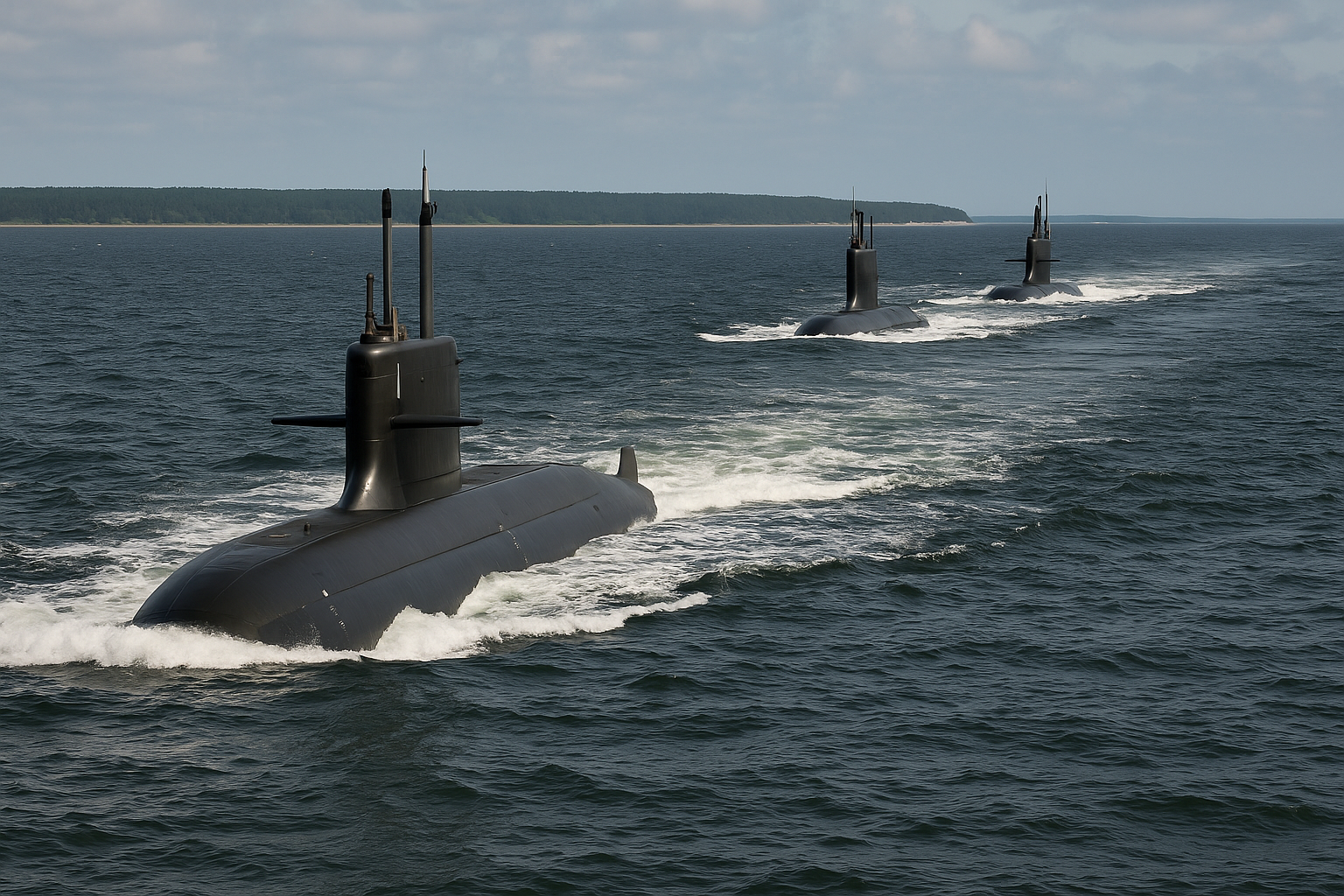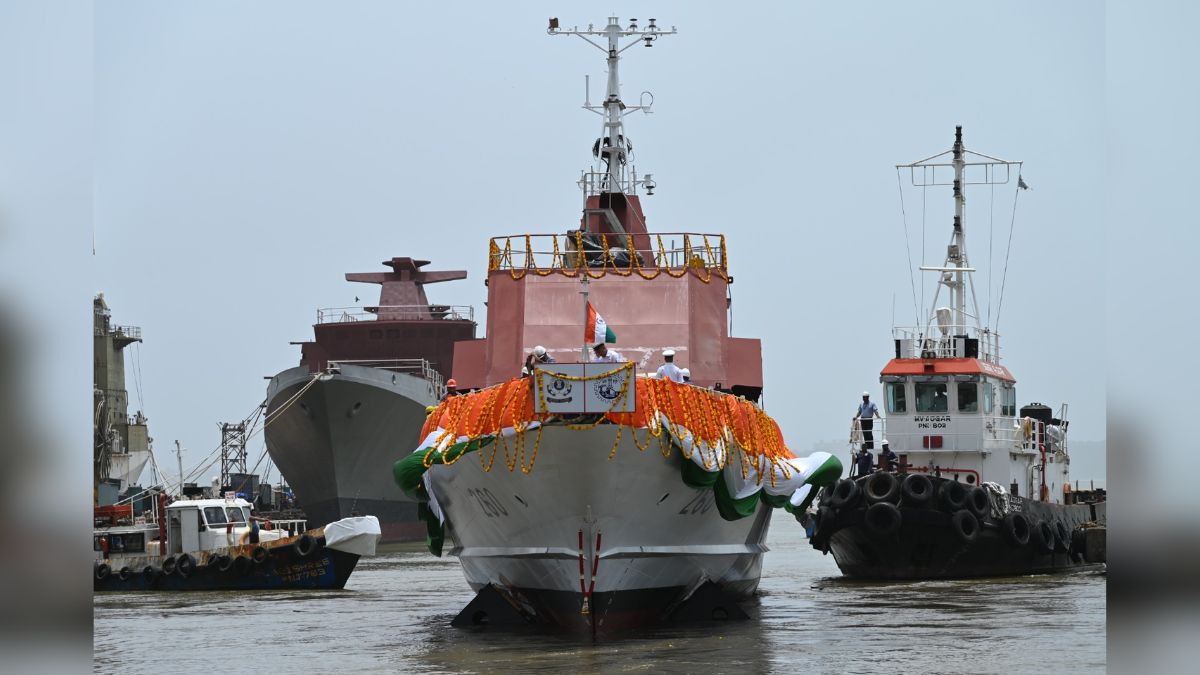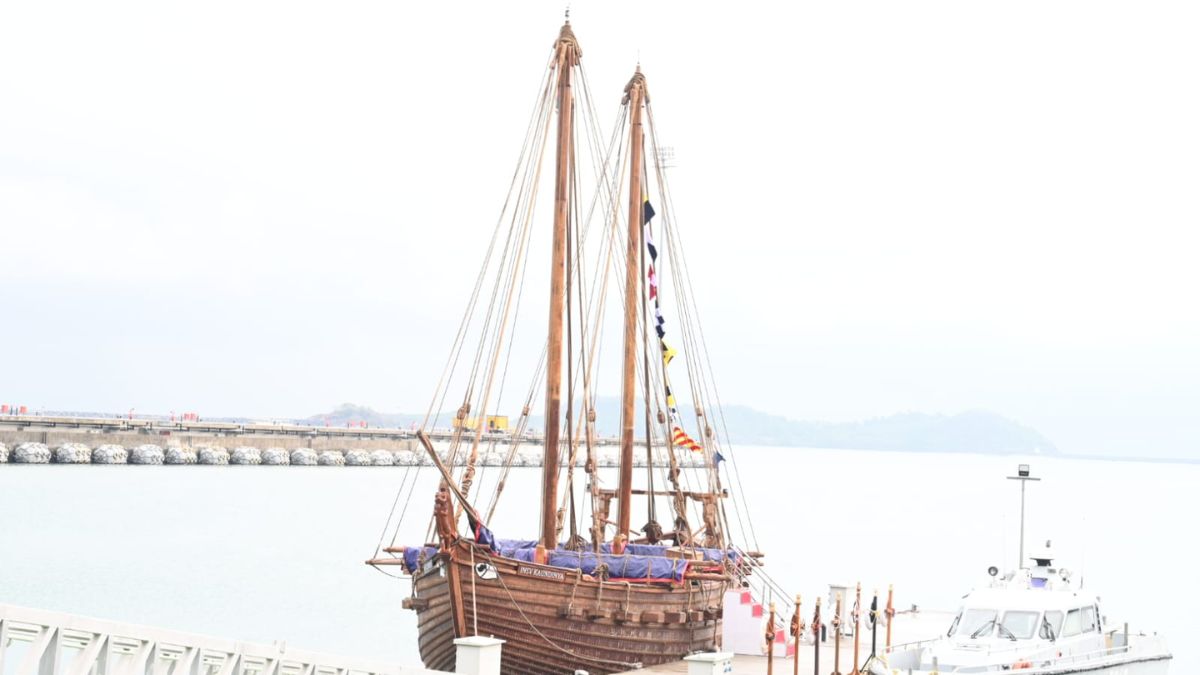Poland and Baltic States Expand Naval Capabilities to Deter Russia

Poland and the Baltic states are moving quickly to modernise their naval forces amid heightened tensions with Russia. From new submarines to advanced attack boats, the acquisitions are designed to strengthen deterrence and improve operations in the Baltic Sea’s shallow waters.
In Poland, Deputy Prime Minister and Defence Minister Władysław Kosiniak-Kamysz has confirmed plans to order three to four new submarines for the Polish Navy before the end of 2025. The submarines will be procured under the Orka (Orca) programme, replacing the ageing Soviet-designed Kilo-class ORP Orzel, currently the Navy’s only operational submarine.
Which countries are competing for Poland’s submarine programme?
The Polish Ministry of National Defence has shortlisted three contenders with top technical scores: Germany, Sweden and Italy. According to the Polish Armaments Agency, these proposals outperformed other bids received from France’s Naval Group, Germany’s ThyssenKrupp Marine Systems, Italy’s Fincantieri, Spain’s Navantia, South Korea’s Hanwha Ocean and Hyundai, Sweden’s Saab, and the United Kingdom’s Babcock.
Despite the scores, government-level discussions with other potential suppliers remain ongoing. A ministry spokesperson said, “Following the decision of the Technical Modernisation Council, the Armaments Agency will take steps with the aim to acquire these submarines.”
What naval capabilities are Latvia and Lithuania acquiring?
Latvia and Lithuania have partnered to acquire multipurpose attack boats under the Common Future Multipurpose Attack Craft (CFMAC) programme. Finnish shipbuilder Marine Alutech will design and deliver vessels based on the Watercat M18 model. Lithuania’s Navy will integrate two of these Fast Multirole Attack Crafts into its Coastal Defence Battalion.
“These vessels will feature advanced combat systems, including Spike NLOS missile launchers and a remote heavy machine gun control system,” said a spokesperson from Lithuania’s Ministry of National Defence. “They will allow the Navy to engage maritime and land-based targets effectively.”
The vessels are designed for shallow-water operations, particularly in regions like the Curonian Lagoon. Lithuania expects the boats to enter service by late 2026.
Are there future plans for Baltic naval modernisation?
Yes. Lithuania has signalled a long-term commitment to enhancing its naval fleet. The Ministry of National Defence has announced plans to progressively acquire new multi-role offshore patrol vessels between 2030 and 2037. These will feature modern capabilities to counter evolving maritime threats.
Marine Alutech, based in Teijo, Finland, has a proven track record, having built over 500 vessels since 1985. The partnership with Latvia and Lithuania reflects growing regional cooperation aimed at deterring aggression and strengthening maritime security in the Baltic Sea.







